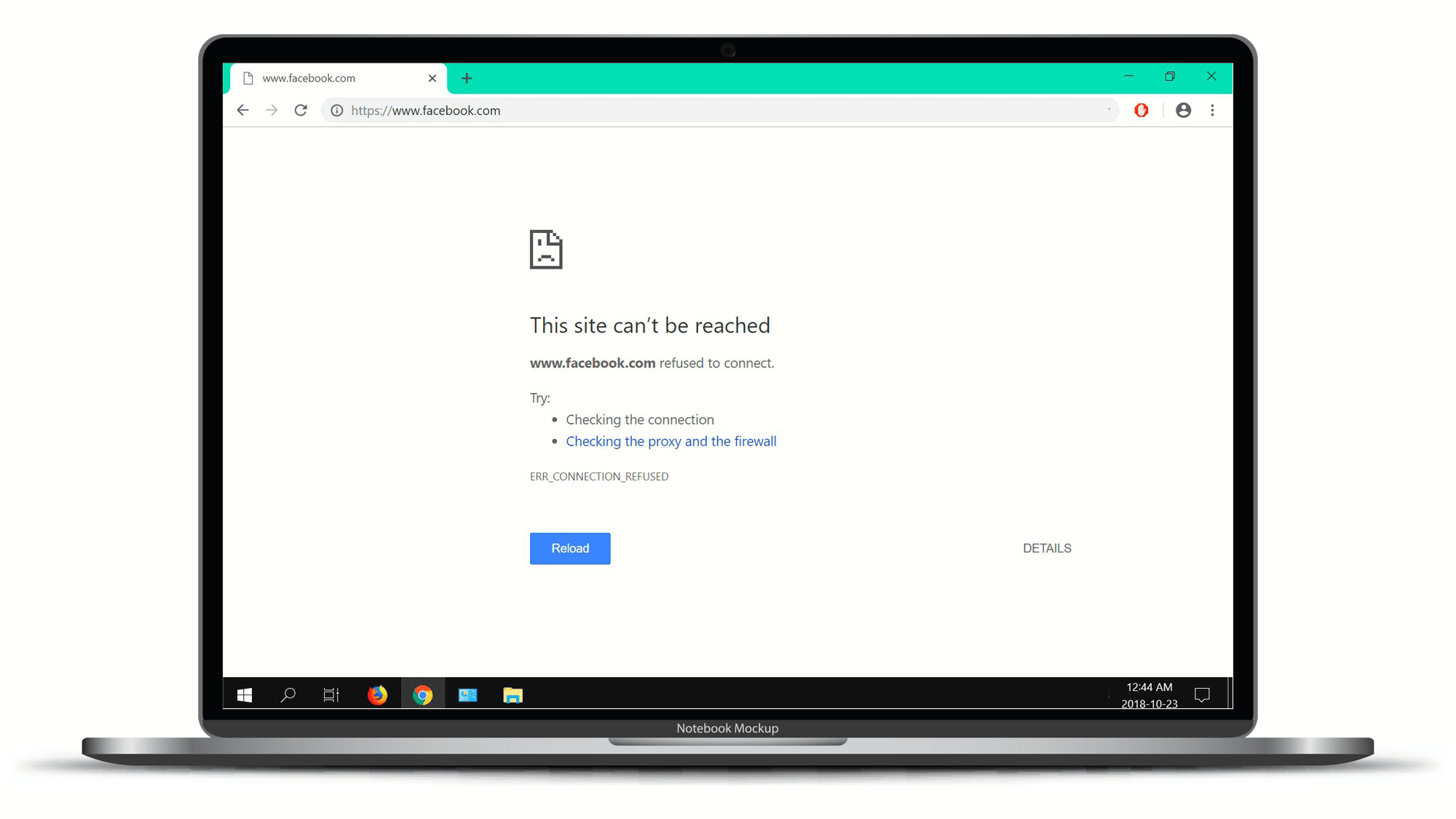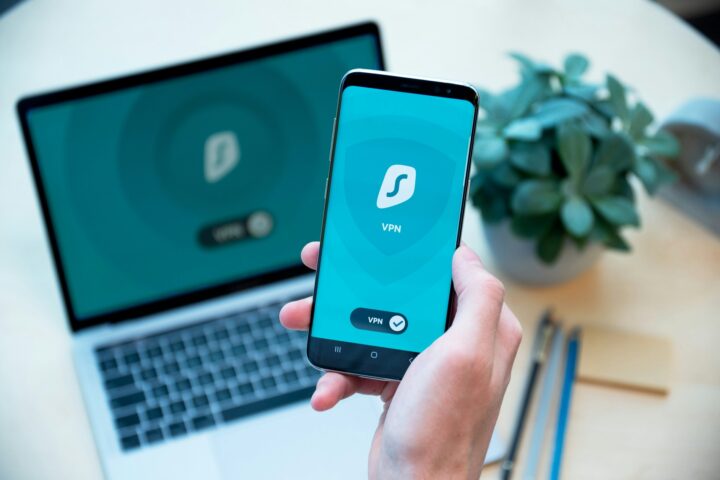Have you ever come across a website that you were unable to access? While it is possible that the site is down for maintenance, there is a good chance that the website is being blocked. Web blocking is common, especially in more heavily censored countries such as China and Iran, but it is also possible on the network level. A good example of that is when corporations or schools block certain websites from their network in order to improve productivity or prevent access to content that goes against their policies. But, how do you unblock websites? With a site unblocker, of course.
Website Blocked? Here’s Why
If you come face-to-face with a blocked website, there are a number of reasons it could have happened. You may simply be in the wrong place at the wrong time—internet censorship is a big deal nowadays. Some countries are moderate, some go so far as to limit news, social media and discussion among citizens. This typically only happens in countries with stricter limits, but it can happen anywhere.
Other types of censorship include the use of copyrights, defamation, harassment, and various obscene material claims as a way to deliberately suppress content. However, not everyone wants this type of content blocked, especially when it comes to copyright. Even in a country like the United States, shows, videos, movies, websites, etc. may be blocked due to copyright agreements or licensing issues.
Want to Fix it? Use a Site Unblocker
This is not a new problem. Thankfully, it has been around long enough that a number of solutions have been created that can unblock websites. Tor is a very popular site unblocker and browser that isolates each website you visit so third-party trackers and ads can’t follow you. And, when on the browser, all anyone can see is that you are using Tor, not the website you are visiting. With encryption and protection, you are free to access sites your home network may have blocked. The downside is that Tor is typically very slow compared to other solutions, since the data must be related between many computers before it gets to you. Because of that, the user experience is typically not great, and it is not a good solution for anything that requires decent internet speeds and bandwidth, such as streaming, gaming and downloading large files.
A proxy server can be used to unblock websites as well. It takes all of your online requests (i.e. anything you do online) and passes it through the proxy for a secure and hidden connection. The lack of encryption means it is not great at protecting your privacy or avoiding surveillance and tracking. Rotating proxies do have the function of privacy protection, but they are also great for web scraping, link building, and other SEO tasks. To find good proxy providers we suggest checking out this website.
Rotating proxies are basically just a pool of IP addresses that you can use. When you connect to the internet, your request goes through one of these IPs. Then, after a set period of time, the proxy server will automatically switch to a new IP address from the pool. This makes it very difficult for anyone to track your online activity or figure out your real IP address.
A URL shortener functions can unblock websites by avoiding blacklisted URLs. Oftentimes, site blocks are placed by hiding a specific URL. The URL shortener gets around it by simply changing the URL. This is not a very robust solution and does not work for most blocked websites. For the sites it will work with, it only works for a single URL, so you will not be able to click around the website to view other pages.
Why a VPN is Your Best Bet
According to GlobalWebIndex, over 400 million people use virtual private networks to circumvent censorship or for increased user privacy. Why is a VPN the better site unblocker over any of these options?
Tor, while a very similar site unblocker to a VPN, lacks the simplicity, convenience, and speed of a VPN. You have to use a Tor browser, unlike a VPN which can be used on your regular browser. A good VPN, on the other hand, will optimize their servers for enhanced security and performance, i.e. the same thing that Tor does, but better and much faster. If you’re looking for a good VPN check out vpncheck.org for in-depth comparisons.
Proxy servers are also a similar site unblocker, but without the same security and other benefits as a VPN. If redirecting through another server is your best option, a VPN does it way better.
URL shorteners are simple site unblockers—too simple. They only work on the simplest site blocks and do not allow you to click through to other pages of the website.
What to look for in a VPN
While a VPN is the best way to unblock websites, not every VPN service is created equal. It is important to find a VPN that has servers in a lot of different locations to help you circumvent location-based blocks. It is also a good idea to find a VPN that does not log any user activity, to ensure your privacy is protected at all times. If you are interested in unblocking streaming sites, make sure the VPN you are considering is compatible, as many are unable to unblock Netflix and other popular streaming services.
















